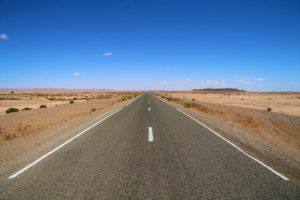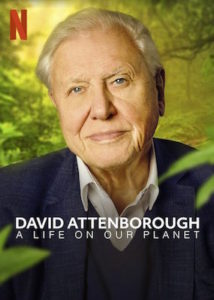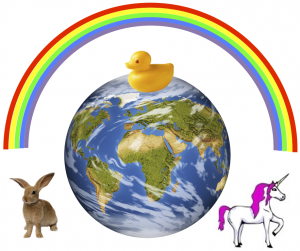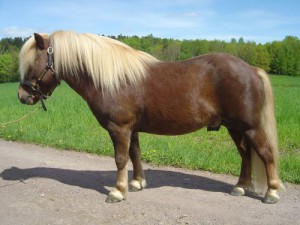Recent reflections on the long-term trajectory of the human enterprise have somewhat transformed the way I look at most activities. Specifically, I refer to the dual realizations that on 10,000 year timescales ultimate success is effectively synonymous with true sustainability, and that the human race stands in blatant breach of contract with evolution and ecosystem parameters—fueled by a mad grab of one-time finite resources. The net effect is that most human activities today promote ultimate failure rather than ultimate success.
As such, when evaluating a proposed or ongoing effort, I ask myself the question:
To what end?
This post will examine some of the activities of current society, and evaluate how much sense they make in the context of a post-party future.
Views: 11704






